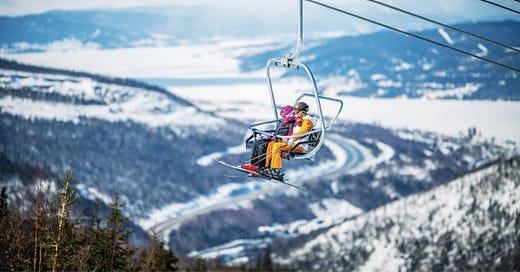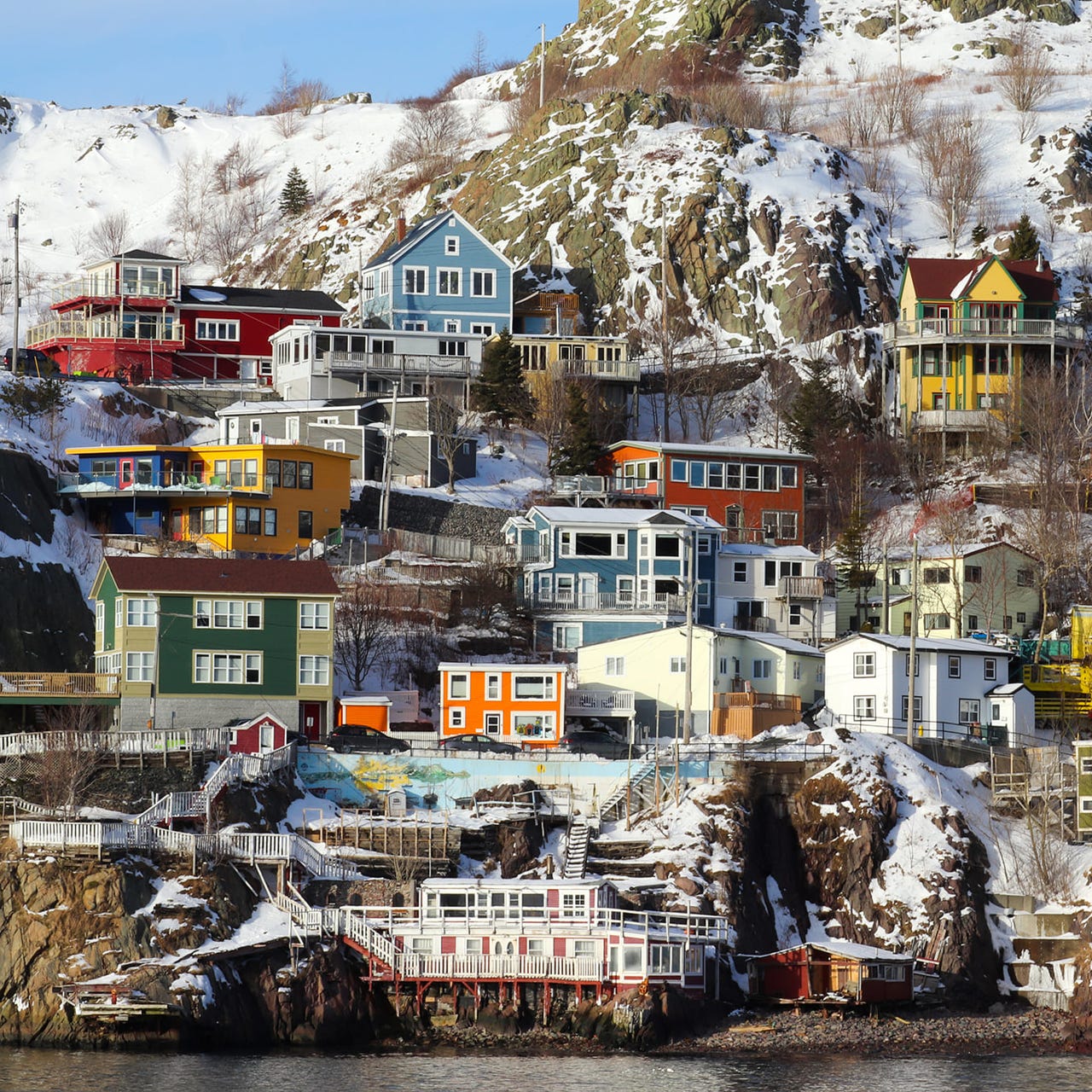To live in Corner Brook is to live your life suspended far from reality.
Coming down will hurt.
But they’ll get over it and move on.
NL Hydro is not subsidizing Kruger’s operation in Corner Brook.
Let’s get that clear from the start since the Mighty Ceeb, Toronto’s national broadcaster, got its facts wrong.
Again.
The taxpayers of Newfoundland and Labrador are.
They have been doing for decades.
Bond Papers readers got this most recent story about electricity and Deer Lake literally a year ago, when it happened. People stuck with CBC got it this week.
NALCOR - it just calls itself NL Hydro - pays Kruger almost 30 cents a kilowatt hour for electricity from the mill’s Deer Lake power plant. The amount bought most recently will add up over six months to $22 million for electricity NALCOR doesn’t need. Literally does not need.
But it isn’t something the crowd at NALCOR decided to do on their own. It was all down to the politicians. Corner Brook mayor Jim Parsons defends the outrageous subsidy with talk about all the jobs and spin off jobs. This is the weakest of weak arguments because every economic activity spins off something more. The taxpayer subsidies keep the mill going in Corner Brook. That’s it. They don’t really do anything else. And as you can take it from the amount of the most recent subsidy, in addition to propping up the pensions over the years, the government has been most recently paying the salaries of those workers or most of their salaries. The provincial government needs to get out of the business of running a paper mill. We cannot afford it. The scheme makes no real economic sense.
The mill payroll is now around 425 people. Just the $22 million subsidy in electricity paid over six months works out to about $52,000 a job. In 2021, the average salary at Kruger’s Corner Brook mill was $82,000 a year. There’s another loan of $122 million that hasn’t been repaid. In fact, the company has paid only three installments on the loan that was originally for $110 million in 2013. That works out to $287, 000 per job or about three and a half years salary for the 425 employees. If you want some sense of how much public money is going to keep Kruger above water, read the piece from last March.
Reality. What a concept.
That massive public subsidy over a very long time makes the Kruger mill a lot of things but the most obvious is not financially viable. It cannot stand on its own two feet. The mill likely should have closed a couple of decades ago, with the rest of paper mill operations across the island, as demand for newsprint and similar paper products disappeared from the mills’ traditional markets. The other markets in the world were and are closer to other mills that could produce more than enough paper far cheaper than the Newfoundland mills.
Corner Brook isn’t alone in this subsidy racket. As SRBP pointed out at the time, Danny Williams was willing to give public money to Abitibi to keep them going to the point where - as with the fishery in the 1980s - there was no gain for the provincial treasury or economy. And when Abitibi left the province, he gave the company all sorts of misguided help, some deliberate and some from pure bungling, while making sure that local taxpayers had a stinking environmental mess to clean up at the end. The same thing is true in Come by Chance under the crowd currently running the place, by the way.
People in Corner Brook think they are hard-done-by but everything from Marble Mountain to the abysmal mess of the Western Memorial replacement to rejigging electoral boundaries because people thought they were entitled to three seats despite their population says otherwise. The truth is the people of Corner Brook aren’t suffering at all when it comes to pork and patronage from provincial politicians. They are drowning in it.
And in that sense Corner Brook is very much a part of the very big problem we have in Newfoundland and Labrador. We expect our politicians to coddle voters and give them anything their heart desires, no matter how foolish or expensive or unneeded. We are drowning in debt as a result and none of our politicians have the guts to pull us out of the muck. The result is that we have an aging population we cannot afford to take care of and what’s worse an economy that remains today just as fragile as it was when Tom Marshall pointed the fact out almost 20 years ago.
We needed to update our course in 2003 but the crowd that won the election set us back to the old course, straight for the rocks we’d been on through to the early ‘90s. We needed to change in 2015 but didn’t. We had a chance for change again in 2020 but the new Liberal leader and his caucus were more committed to the miserable past than the lot before them. And so we are now that much farther up toward the beach than we were four short years ago. The global tides are pushing us further toward the rocks so even if we never had reason to get rid of the outdated, childish ideas of entitlement before, we do now.
The question we have in front of us is whether there will be any politicians in the next election who can lead real change. Not merely talk about it flowery language like young Andrew but actually deliver change. The crowd running the place right now seem to be too busy giving public money and public land away to their friends to notice the looming cliffs ahead. Putting them back in would be to doom the lot of us but right now, the other two parties are no better.
Does anyone else see the rocks through the fog of patronage, arrogance, and political cowardice that’s enshrouded us for the last 20 years? Will anyone come forward between now and the fall (when the next election is likely)?







Transitions can be difficult. Older people, such as myself, can attest to this. Maintaining the status quo is a costly refusal to deal with the problem. What’s the plan for moving forward ?
The only possible solution I can see for the province is going to happen when we start defaulting on debt, or payroll, or both, and having the debt holders come in and dictate what is going to happen. This will not be solved by politicians. "We" cannot save ourselves.